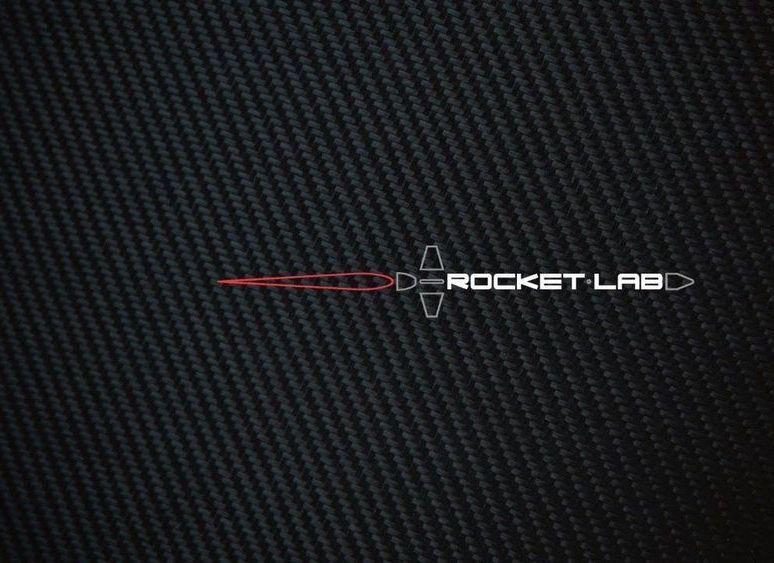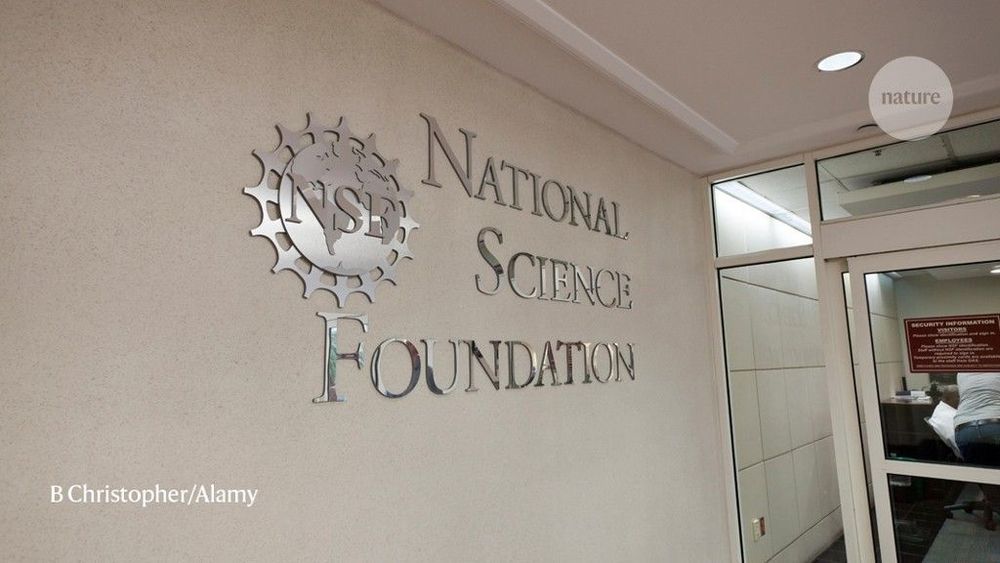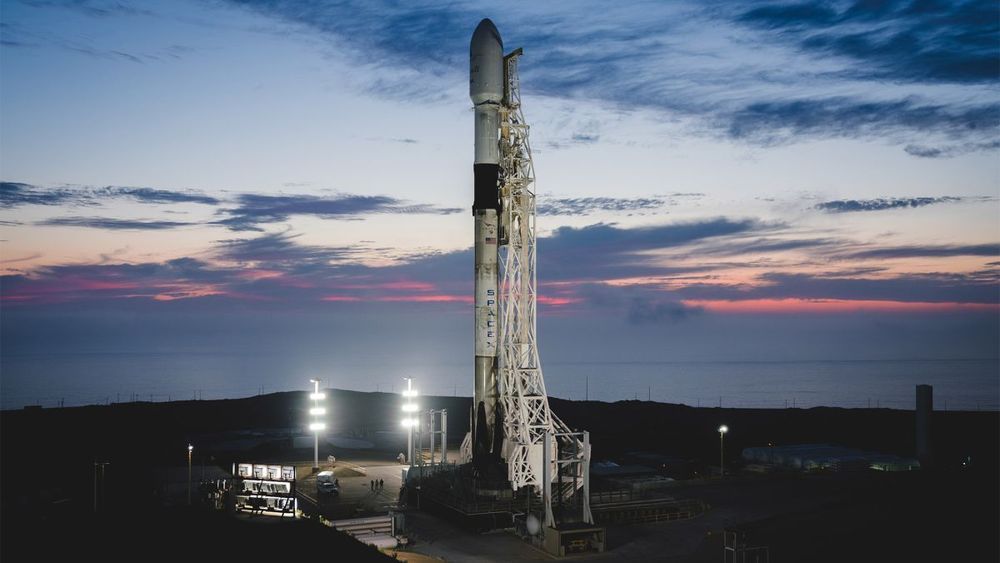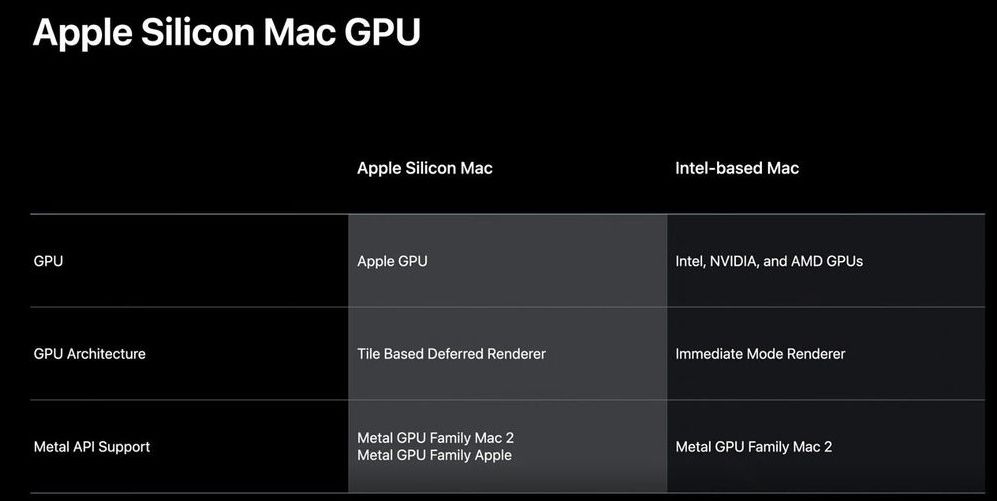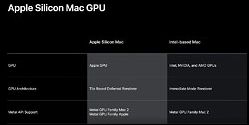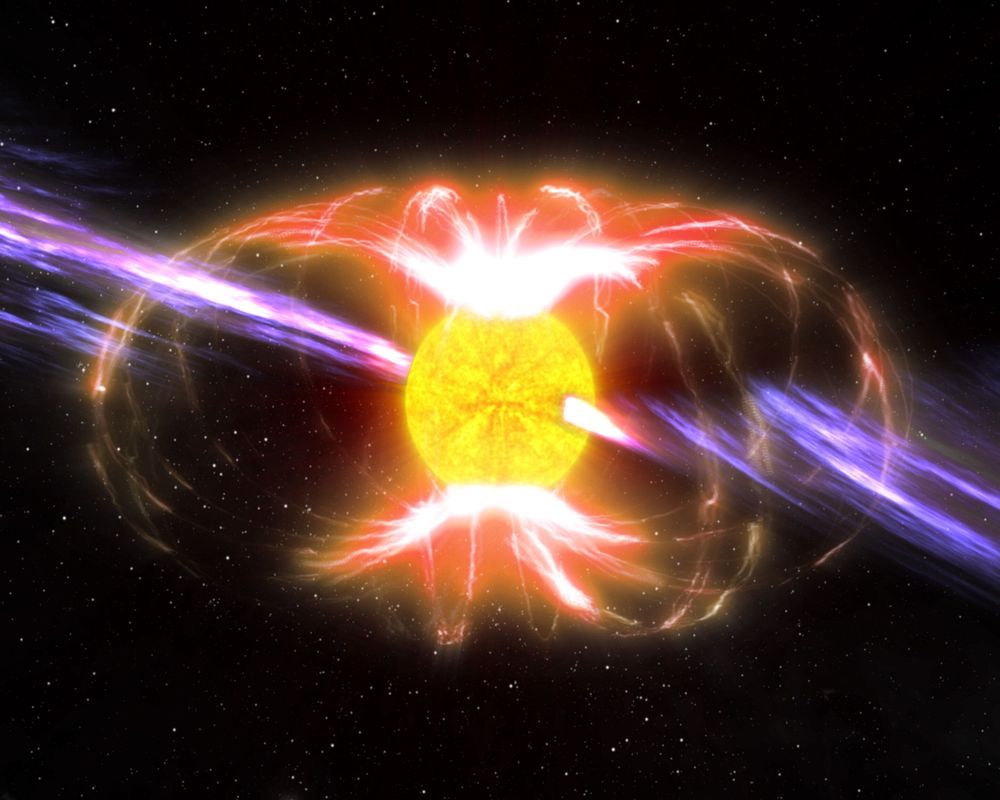
On March 12th 2020 a space telescope called Swift detected a burst of radiation from halfway across the Milky Way. Within a week, the newly discovered X-ray source, named Swift J1818.0–1607, was found to be a magnetar, a rare type of slowly rotating neutron star with one of the most powerful magnetic fields in the universe.
Spinning once every 1.4 seconds, it’s the fastest spinning magnetar known, and possibly one of the youngest neutron stars in the Milky Way. It also emits radio pulses like those seen from pulsars—another type of rotating neutron star. At the time of this detection, only four other radio-pulse-emitting magnetars were known, making Swift J1818.0–1607 an extremely rare discovery.
In a recently published study led by a team of scientists from the ARC Center of Excellence for Gravitational Wave Discovery (OzGrav), it was found that the pulses from the magnetar become significantly fainter when going from low to high radio frequencies: It has a steep radio spectrum. Its radio emission is not only steeper than the four other radio magnetars, but also steeper than ~90% of all pulsars. Additionally, they found the magnetar had become over 10 times brighter in only two weeks.
